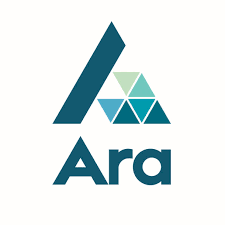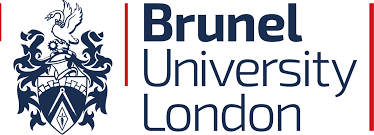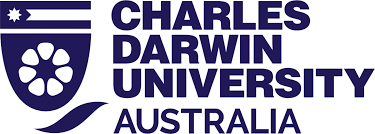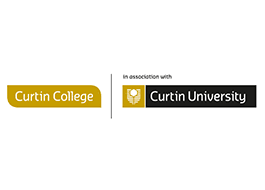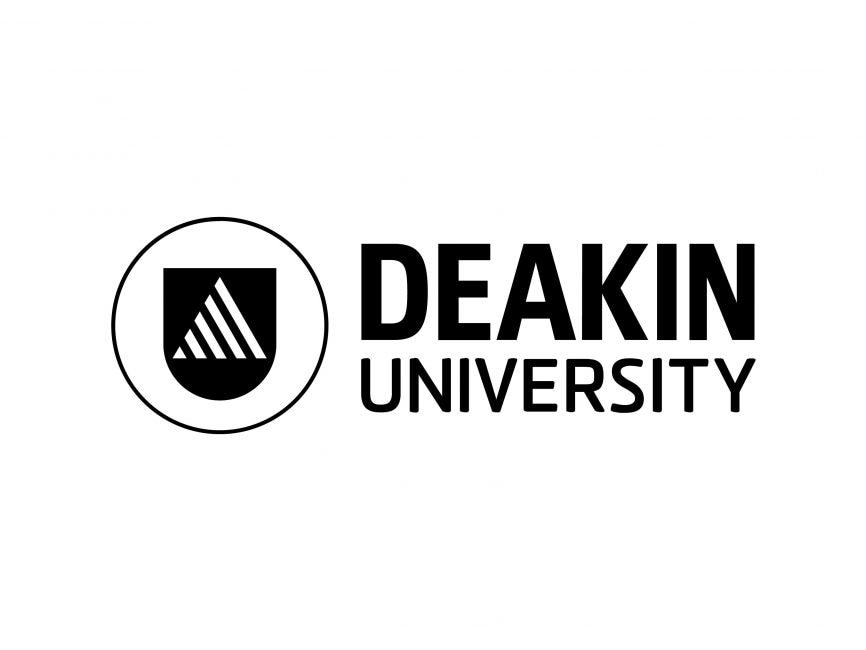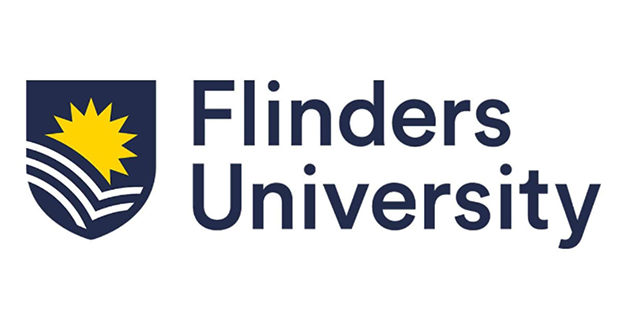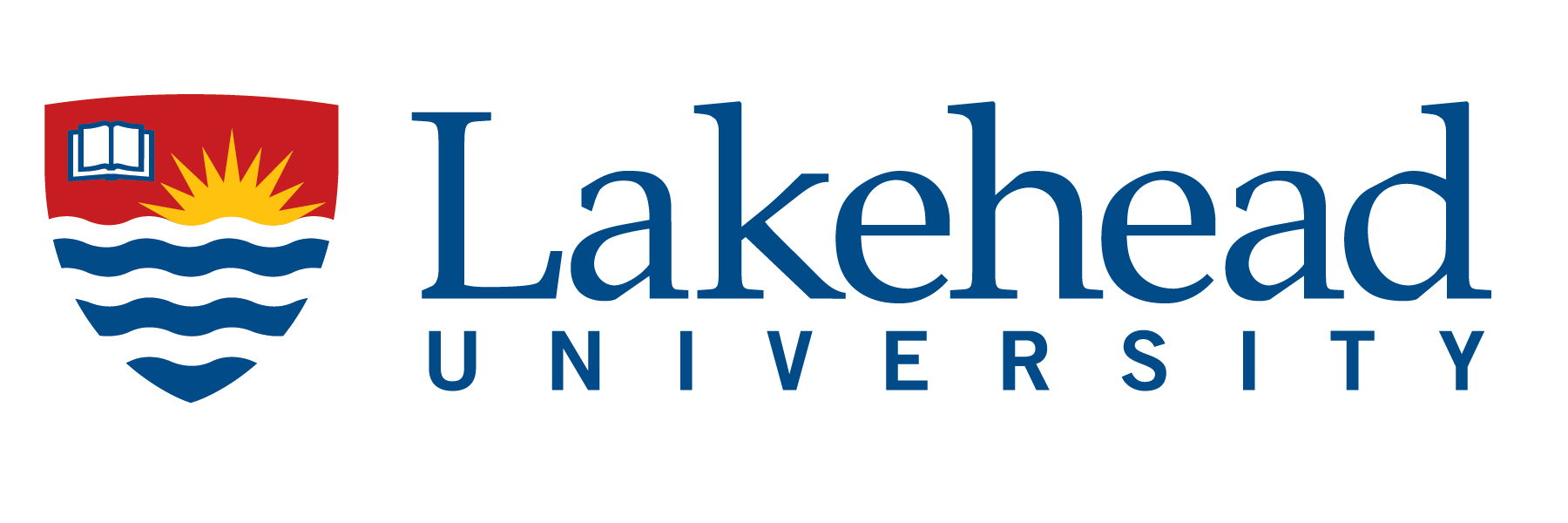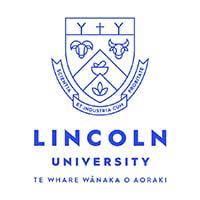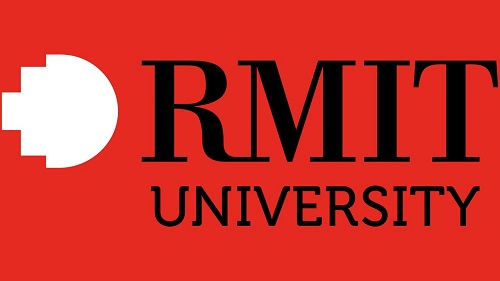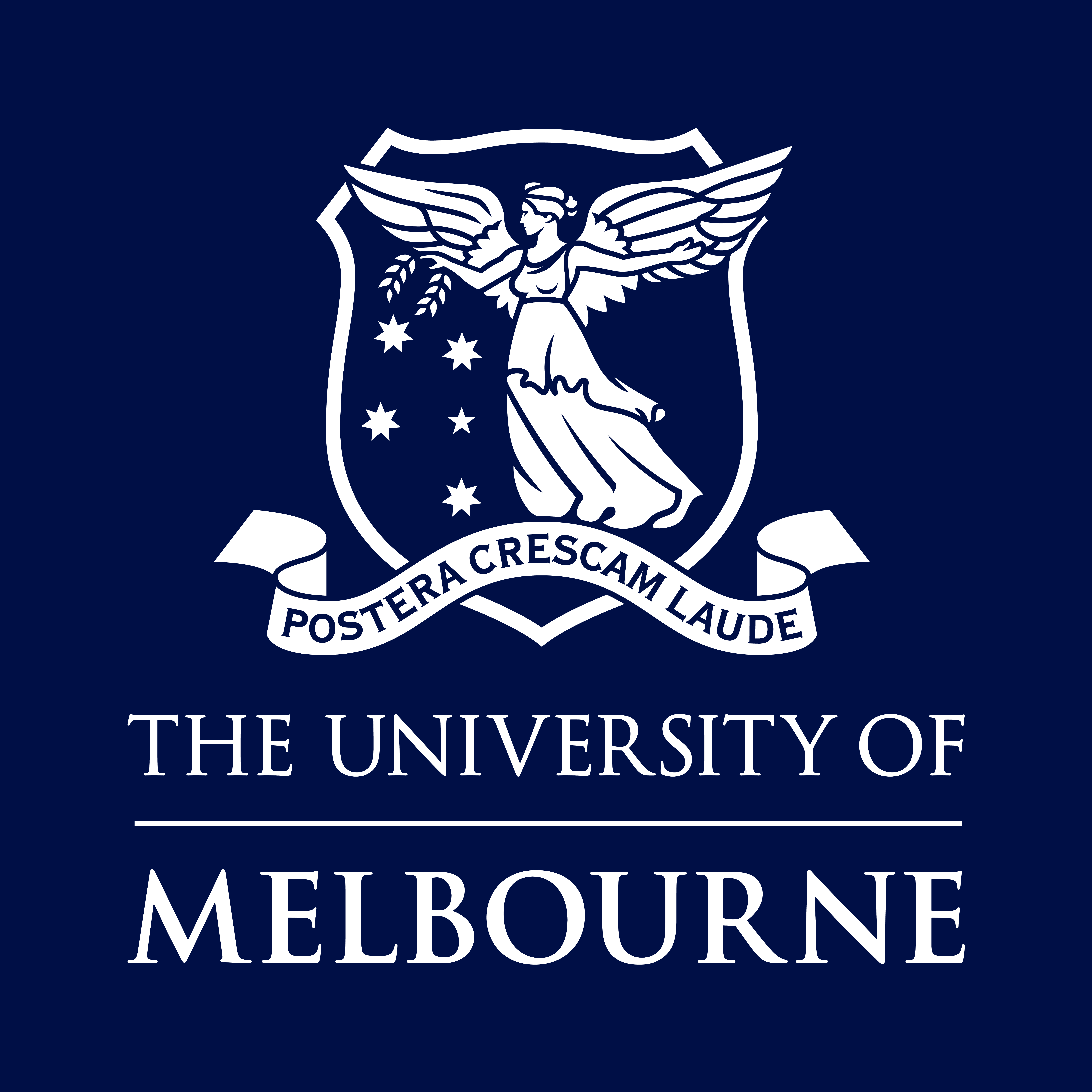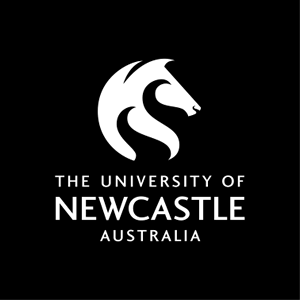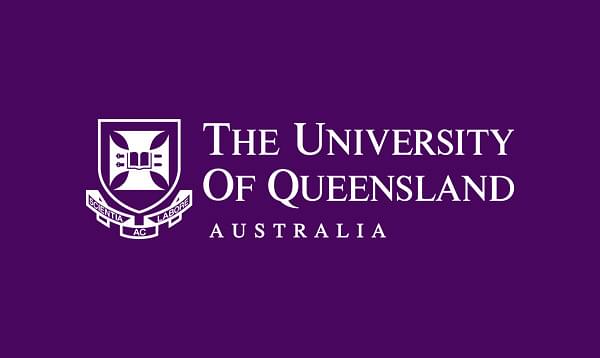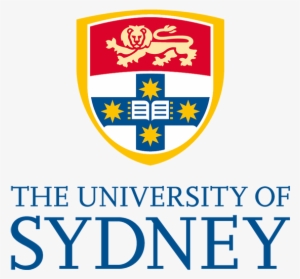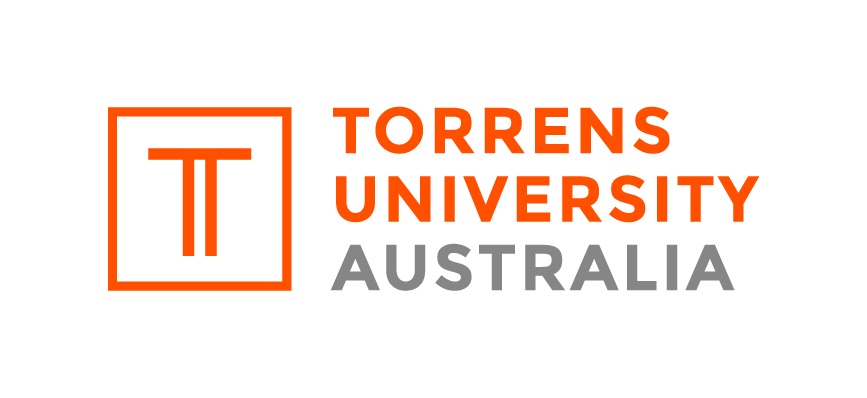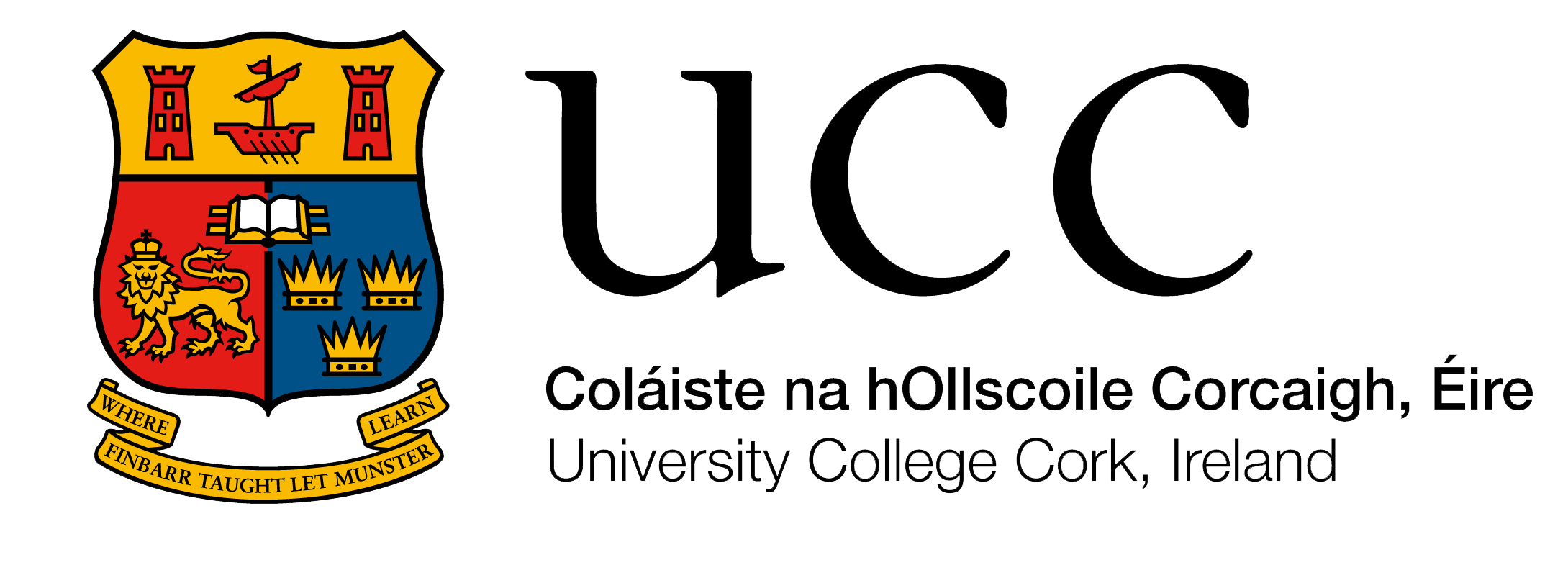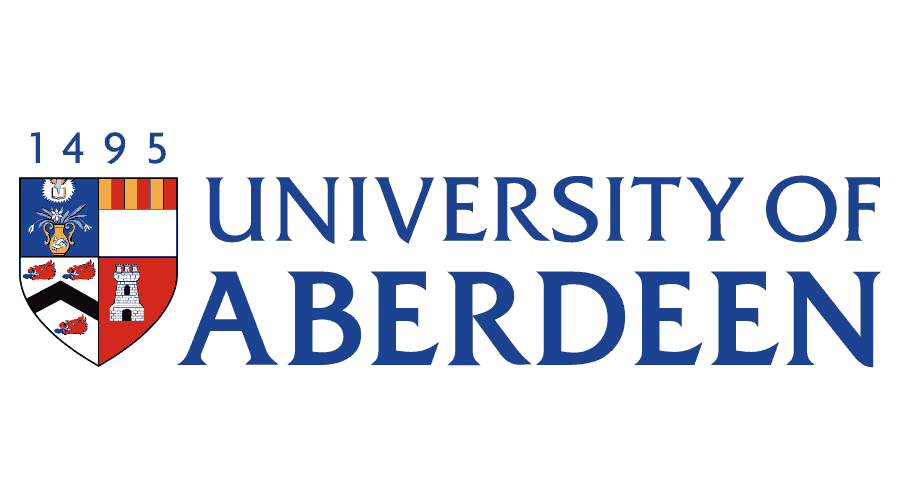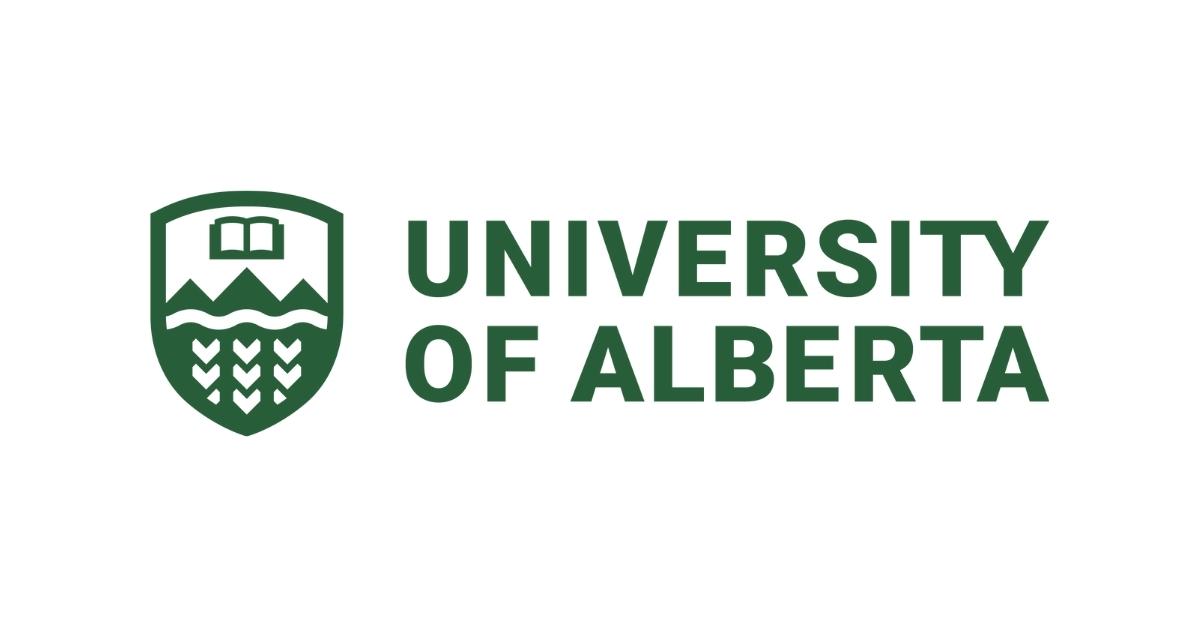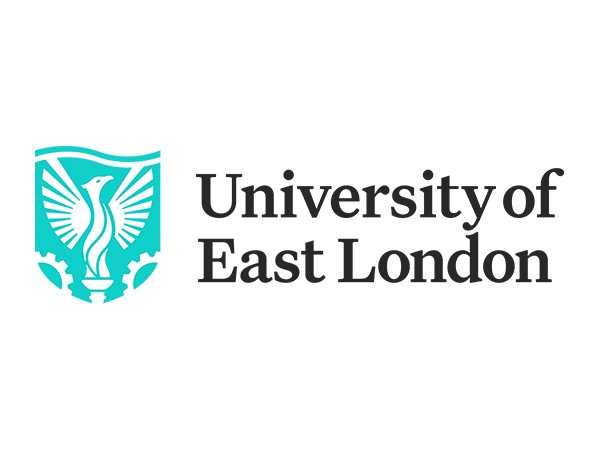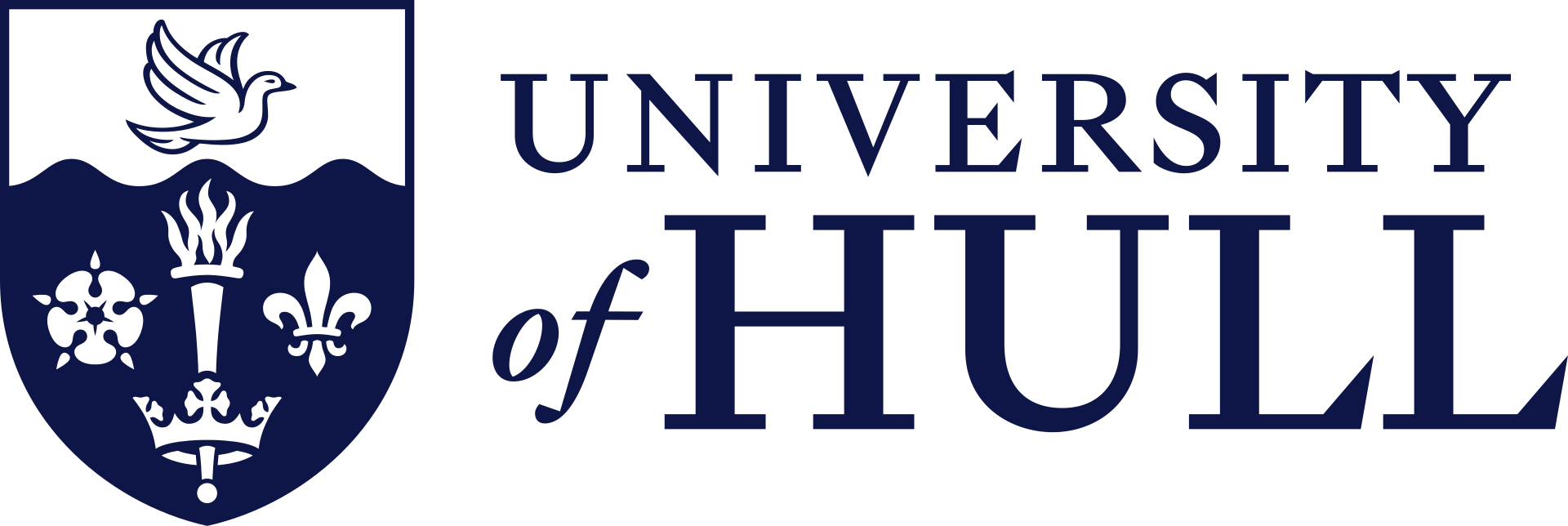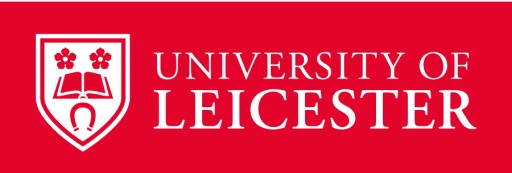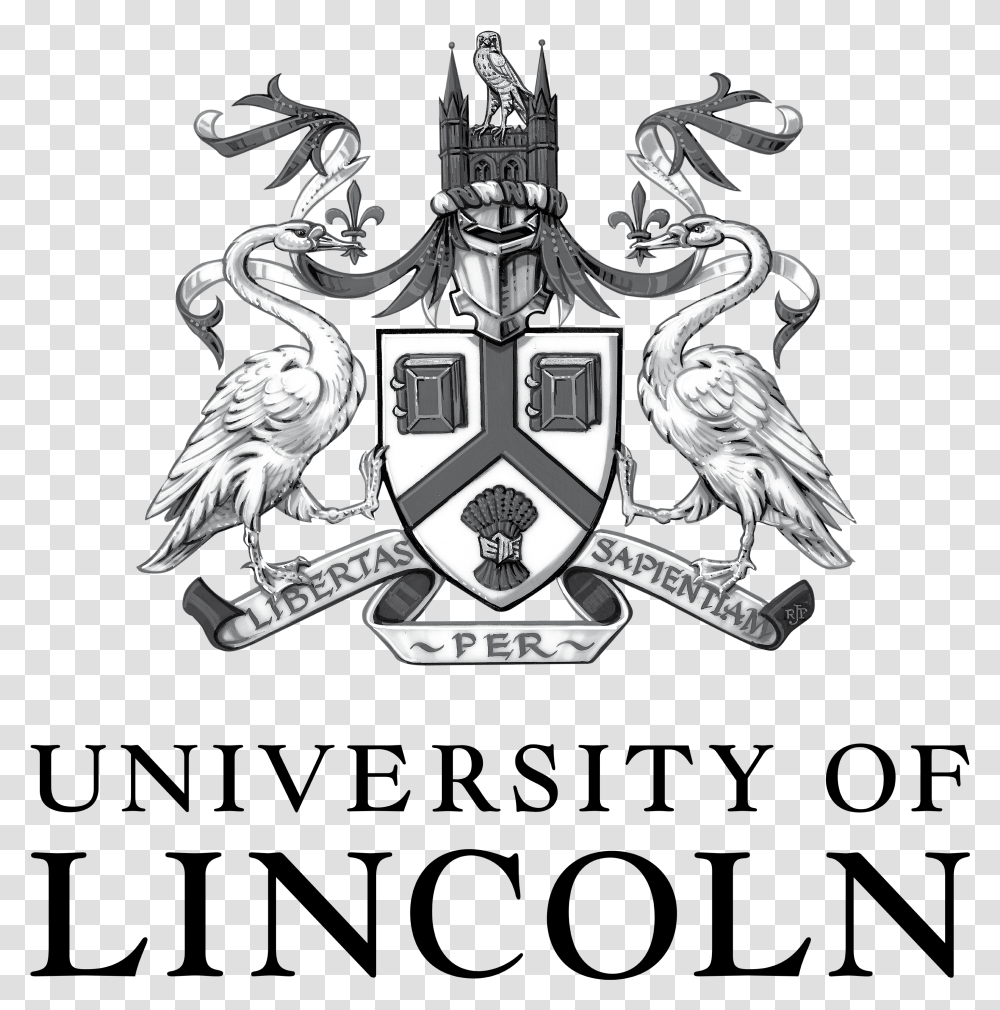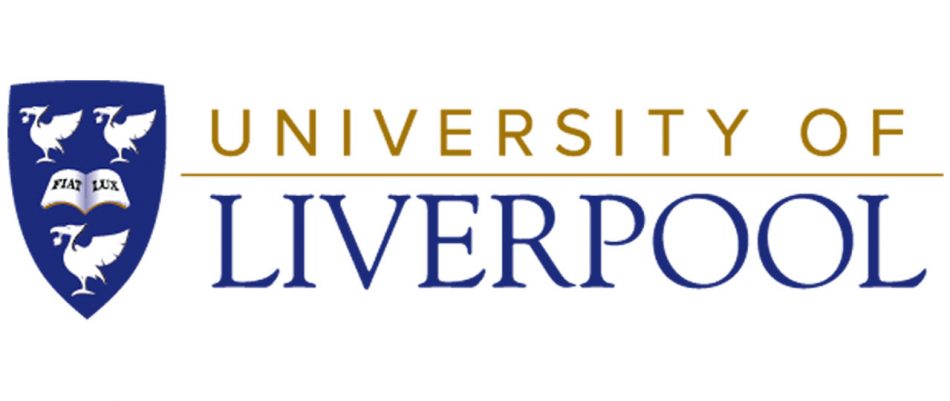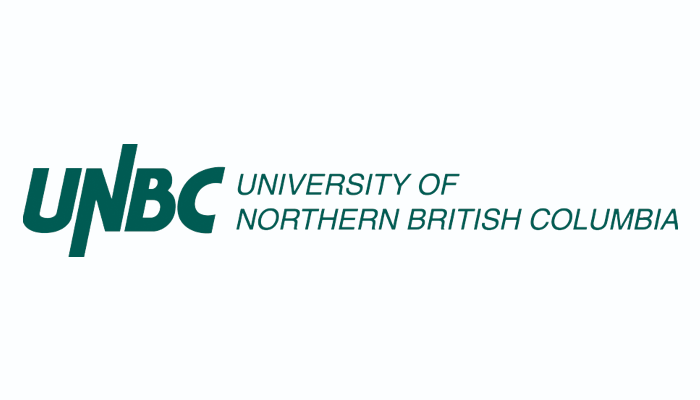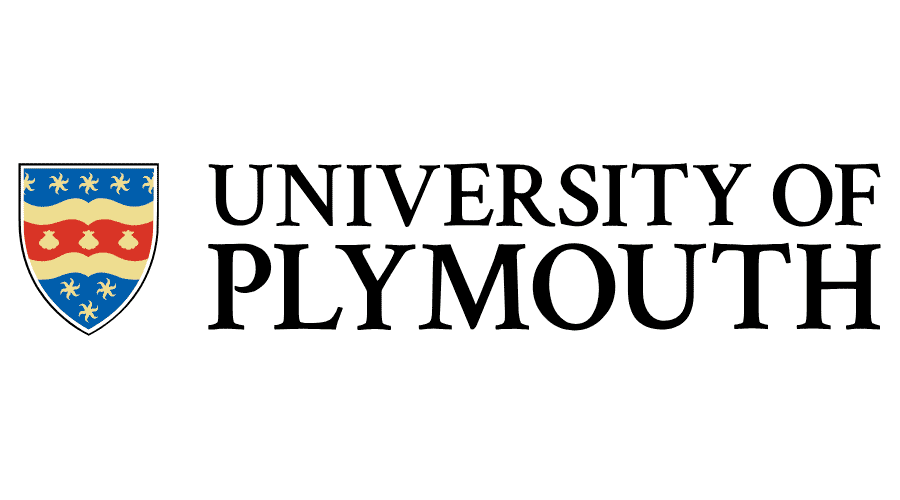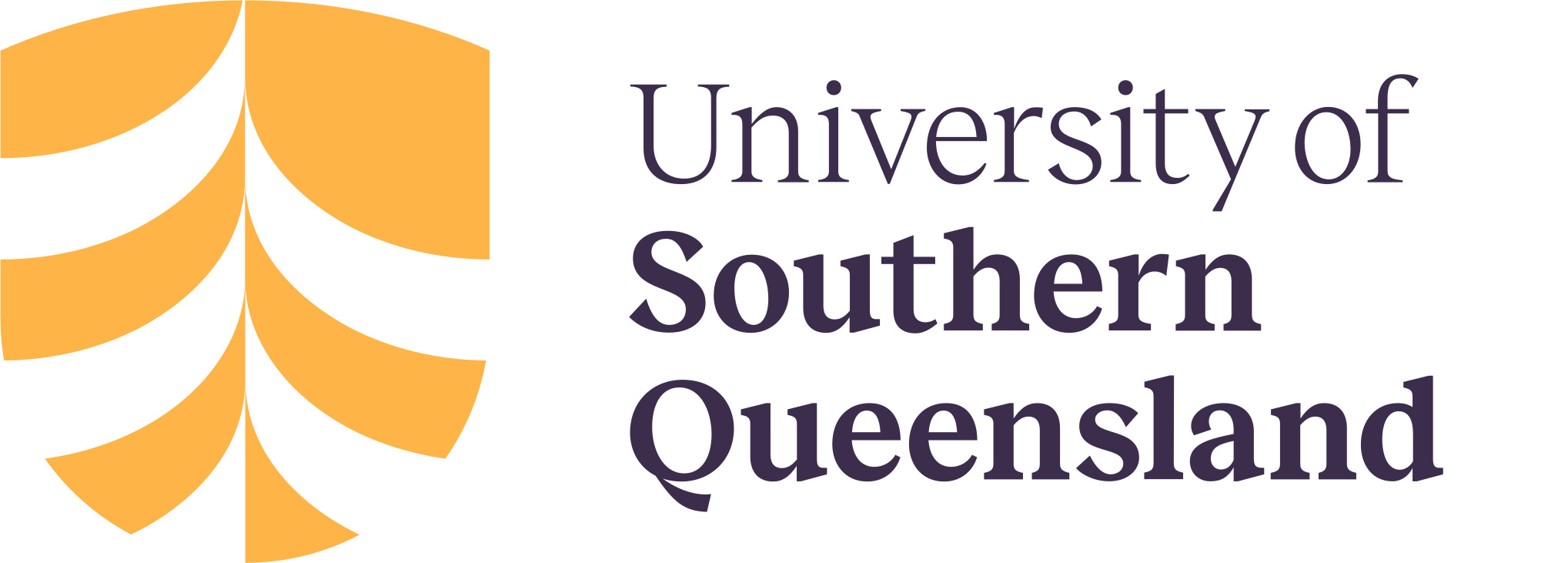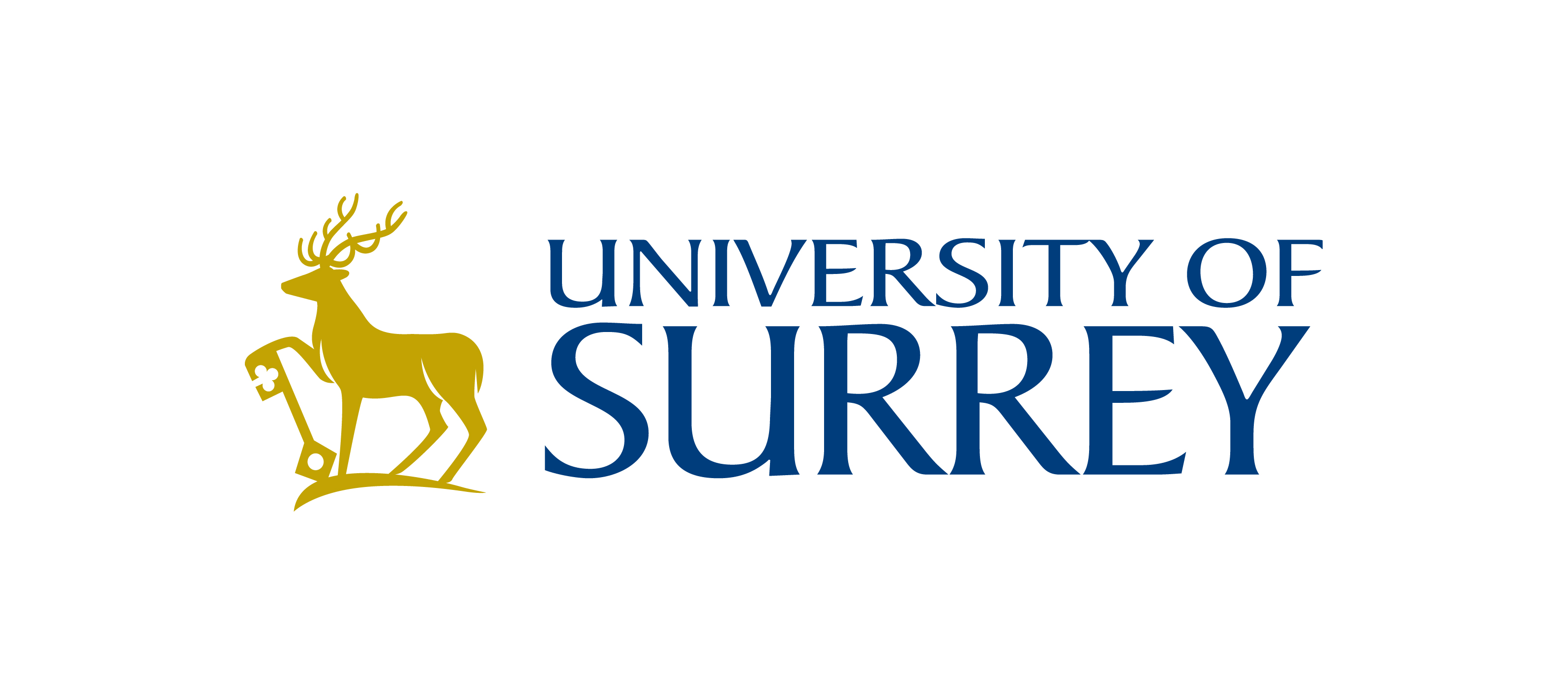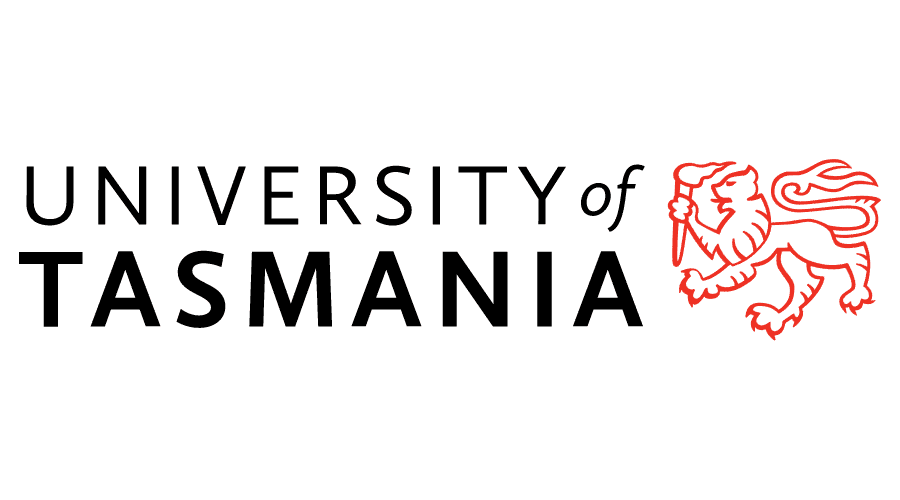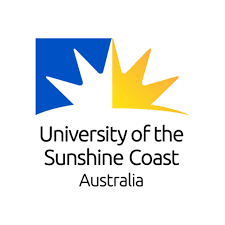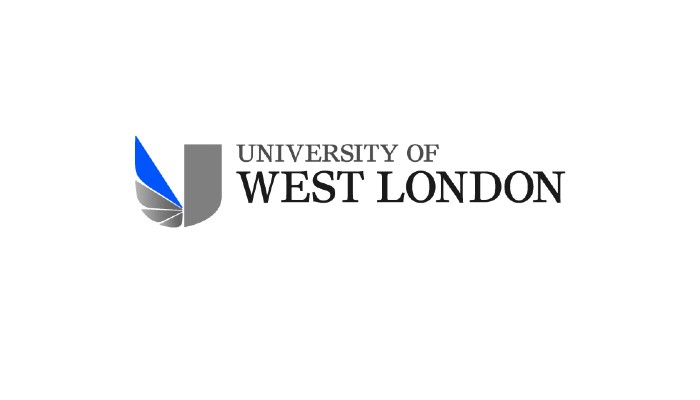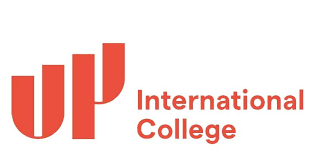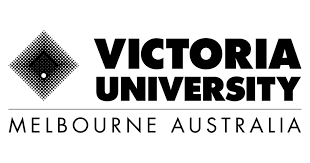Engineering Programs Abroad for Indian Students
Embarking on an engineering degree abroad is a transformative journey, offering unparalleled academic excellence, cutting-edge research opportunities, and global career prospects. For Indian students, studying engineering in an international setting provides a unique blend of cultural immersion and professional development. This guide will help you navigate the vast landscape of engineering programs available worldwide, ensuring you find the perfect fit for your aspirations.
Why Study Engineering Abroad?
The decision to pursue engineering education overseas comes with a multitude of benefits:
- Global Recognition: Degrees from top international universities are highly valued by employers worldwide.
- Advanced Facilities: Access to state-of-the-art laboratories, research centers, and technology.
- Diverse Specializations: A broader range of engineering specializations and interdisciplinary programs.
- Industry Exposure: Opportunities for internships, co-op programs, and industry collaborations with leading global companies.
- Networking: Build a global network of peers, professors, and industry professionals.
- Personal Growth: Develop independence, adaptability, and cross-cultural communication skills.
- Enhanced Career Prospects: Graduates are highly sought after in international job markets.
Popular Engineering Disciplines
Engineering is a vast field with numerous specializations. Here are some of the most sought-after disciplines for Indian students:
1. Computer Science and Engineering (CSE)
One of the most popular choices, CSE encompasses software development, artificial intelligence, machine learning, data science, cybersecurity, and computer networks. With the digital transformation sweeping across industries, CSE graduates are in high demand.
- Key Areas: AI, Machine Learning, Data Science, Cybersecurity, Cloud Computing, Software Engineering.
- Career Prospects: Software Developer, Data Scientist, AI Engineer, Cybersecurity Analyst, Cloud Architect.
2. Mechanical Engineering
This traditional yet ever-evolving field deals with the design, analysis, manufacturing, and maintenance of mechanical systems. It's crucial for industries like automotive, aerospace, robotics, and energy.
- Key Areas: Robotics, Mechatronics, Automotive Engineering, Aerospace Engineering, Thermal Engineering.
- Career Prospects: Design Engineer, R&D Engineer, Manufacturing Engineer, Robotics Engineer.
3. Electrical and Electronics Engineering (EEE)
EEE focuses on electricity, electronics, and electromagnetism. This field is vital for power generation, telecommunications, control systems, and electronics manufacturing.
- Key Areas: Power Systems, Telecommunications, VLSI Design, Control Systems, Embedded Systems.
- Career Prospects: Electrical Engineer, Electronics Engineer, Telecommunications Engineer, Control Systems Engineer.
4. Civil Engineering
Civil engineers are responsible for designing, constructing, and maintaining infrastructure projects like buildings, roads, bridges, water systems, and airports. This field is essential for urban development and sustainability.
- Key Areas: Structural Engineering, Transportation Engineering, Environmental Engineering, Geotechnical Engineering, Construction Management.
- Career Prospects: Structural Engineer, Urban Planner, Construction Manager, Environmental Engineer.
5. Chemical Engineering
Chemical engineers apply principles of chemistry, physics, biology, and math to design processes that transform raw materials into useful products. Industries include pharmaceuticals, petrochemicals, food processing, and environmental protection.
- Key Areas: Process Design, Biotechnology, Materials Science, Petrochemical Engineering, Environmental Engineering.
- Career Prospects: Process Engineer, R&D Scientist, Materials Engineer, Environmental Consultant.
6. Aerospace Engineering
This specialization deals with the design, construction, and science of aircraft and spacecraft. It's a fascinating field for those interested in aviation and space exploration.
- Key Areas: Aerodynamics, Propulsion, Aircraft Design, Spacecraft Engineering, Avionics.
- Career Prospects: Aerospace Engineer, Aircraft Designer, Propulsion Engineer, Satellite Systems Engineer.
Top Study Destinations for Engineering
Several countries are renowned for their world-class engineering education. Here are some of the top choices for Indian students:
United States (USA)
Home to many of the world's highest-ranked universities, the USA offers unparalleled research opportunities, diverse specializations, and strong industry ties. Scholarships are competitive but available.
- Strengths: Research-intensive programs, flexible curriculum, strong industry connections, OPT (Optional Practical Training) for post-study work.
- Popular Universities: MIT, Stanford, UC Berkeley, Caltech, Georgia Tech.
United Kingdom (UK)
The UK boasts a rich history of engineering innovation and offers shorter, intensive master's programs (typically one year). Its universities are globally recognized for academic excellence.
- Strengths: Shorter master's degrees, strong emphasis on theory and research, post-study work visa (Graduate Route).
- Popular Universities: University of Cambridge, University of Oxford, Imperial College London, University College London.
Canada
Known for its welcoming immigration policies, high quality of life, and affordable education compared to the USA, Canada is an increasingly popular destination. It offers excellent co-op programs and post-study work opportunities.
- Strengths: Affordable tuition, excellent post-study work opportunities, pathway to permanent residency, co-op programs.
- Popular Universities: University of Toronto, University of British Columbia, McGill University, University of Waterloo.
Germany
Germany is famous for its strong engineering tradition, particularly in automotive, mechanical, and electrical engineering. Many public universities offer tuition-free or very low-fee education, even for international students.
- Strengths: High-quality technical education, tuition-free public universities, strong industry links (e.g., automotive sector), excellent research opportunities.
- Popular Universities: Technical University of Munich, RWTH Aachen University, Karlsruhe Institute of Technology.
Australia
Australia offers a high quality of education, a vibrant multicultural environment, and excellent post-study work options. Its universities are known for practical, industry-focused engineering programs.
- Strengths: High quality of life, world-class universities, post-study work visa options, focus on practical skills.
- Popular Universities: University of Melbourne, University of New South Wales, Monash University, University of Sydney.
Admission Requirements for Indian Students
While specific requirements vary by university and program, here's a general overview:
Undergraduate (Bachelor's) Programs:
- Academic Transcripts: Strong academic record in 10th and 12th grade, with a focus on Physics, Chemistry, and Mathematics (PCM).
- Standardized Tests: SAT or ACT scores (for USA and some other countries).
- English Proficiency: IELTS or TOEFL scores.
- Letters of Recommendation (LORs): From teachers or counselors.
- Statement of Purpose (SOP): An essay outlining your motivation and career goals.
- Portfolio: For some specialized design-oriented engineering fields.
Postgraduate (Master's/PhD) Programs:
- Bachelor's Degree: A relevant undergraduate degree in engineering or a related field with a strong GPA.
- Standardized Tests: GRE scores (especially for USA and some Canadian universities). GMAT for engineering management programs.
- English Proficiency: IELTS or TOEFL scores.
- Letters of Recommendation (LORs): From professors or employers.
- Statement of Purpose (SOP): Detailing your research interests, academic background, and career aspirations.
- Resume/CV: Highlighting academic achievements, work experience, and research projects.
- Research Proposal: Required for PhD programs and some research-oriented master's degrees.
Funding Your Engineering Education Abroad
Studying abroad can be a significant investment, but various funding options are available:
- Scholarships: Merit-based, need-based, and country-specific scholarships offered by universities, governments, and private organizations.
- Education Loans: Banks in India and abroad offer education loans specifically for overseas studies.
- Assistantships: For postgraduate students, opportunities like Teaching Assistantships (TA) and Research Assistantships (RA) can waive tuition fees and provide a stipend.
- Part-time Work: Most countries allow international students to work part-time (e.g., 20 hours per week during term, full-time during breaks) to help cover living expenses.
Career Opportunities After Studying Engineering Abroad
Graduates with an international engineering degree are highly competitive in the global job market. Many countries offer post-study work visas, allowing you to gain international work experience.
| Industry Sector | Common Roles | Sample Companies (Global) |
|---|---|---|
| Information Technology | Software Engineer, Data Scientist, AI/ML Engineer | Google, Microsoft, Amazon, TCS, Infosys |
| Automotive/Aerospace | Design Engineer, R&D Engineer, Manufacturing Engineer | Tesla, BMW, Boeing, Airbus, Tata Motors |
| Energy & Power | Power Systems Engineer, Renewable Energy Engineer | Siemens Energy, GE Renewable Energy, Adani Green Energy |
| Consulting | Technology Consultant, Management Consultant | McKinsey & Company, Boston Consulting Group, Deloitte |
| Manufacturing | Process Engineer, Quality Engineer, Production Manager | Samsung, Intel, Foxconn |
Next Steps
If you're an Indian student considering an engineering degree abroad, here's how to get started:
- Research: Identify countries, universities, and specific programs that align with your academic and career goals.
- Prepare for Exams: Start preparing for English proficiency tests (IELTS/TOEFL) and standardized tests (SAT/ACT/GRE).
- Gather Documents: Collect academic transcripts, LORs, and begin drafting your SOP.
- Apply: Submit your applications well before the deadlines.
- Financial Planning: Explore scholarship options, education loans, and budget for living expenses.
- Visa Application: Once accepted, begin the student visa application process for your chosen country.
Studying engineering abroad is an investment in your future, promising a world-class education and a gateway to a successful global career. With careful planning and dedication, you can turn this dream into a reality.


